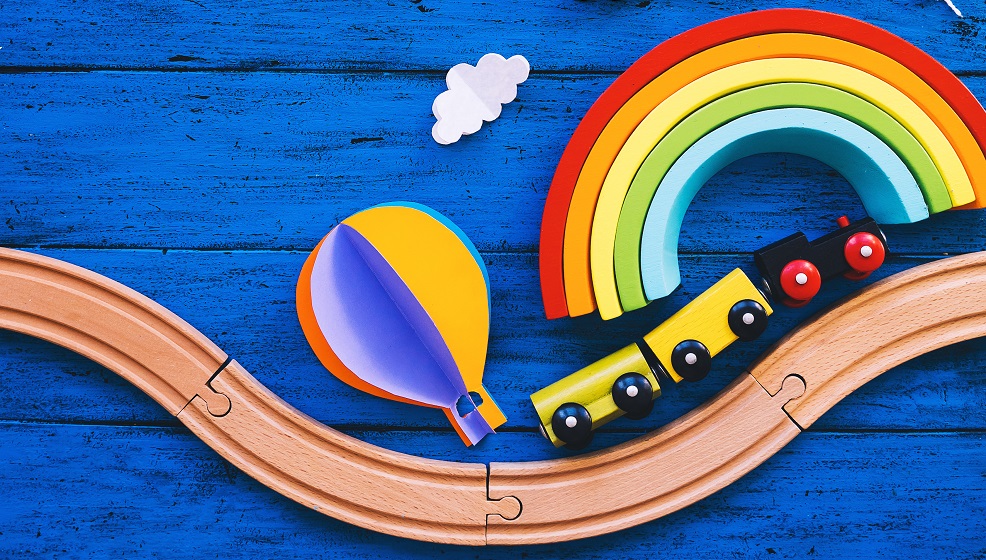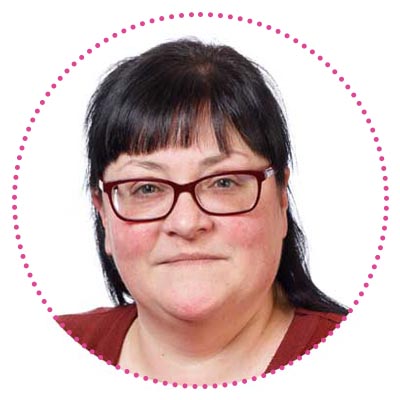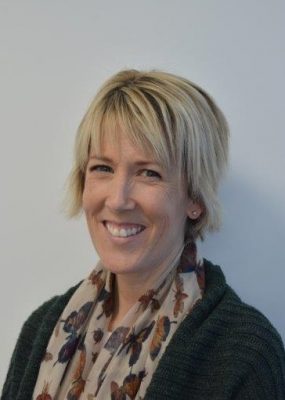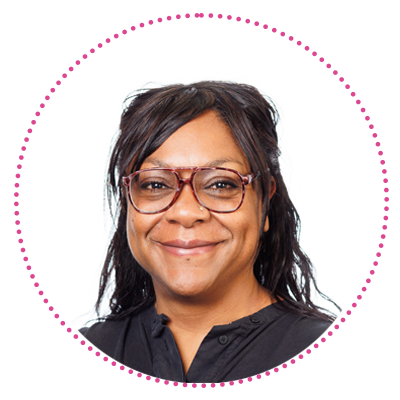Advice For Schools
Why is Effective Transition in EYFS So Important in these Unprecedented Times?
We know that ‘transition’ is a process not an event but why is it so important to get it right?
Research carried out by the Study of Early Education and Development (2017) clearly indicates that transitions are central to young children’s learning, development and emotional wellbeing.
I remember reading articles about transition and emotional wellbeing whilst I was an EYFS lead in a school. When advising, I now still echo this message that transitional activities need to be carefully organised, even more so considering the challenging situation we are currently in.
Even though you will have been busy doing transition activities this month you will need to consider and organise activities for September and the proceeding months too.
Below are 5 points to consider when planning effective transitions. I have included some really useful articles that link into the current situation we are in with Covid-19.
Hope you find them useful…
1. What are your priorities for transition?
For effective transition processes to take place you need to seriously consider how they are led and managed.
Leaders need a clear vision of how they are going to manage the transition processes that will then impact on children and staff’s emotional wellbeing.
It is important to know about the ‘Characteristics of effective leadership’ in the EYFS. The Study of Early Education and Development (SEED) research published a really useful diagram (page 50) that displays this.
Here are a few of the suggestions:
- Clear systems and processes established
- Values and fosters team working
- Sound professional knowledge
- Continuous improvement sought
- Organisation and delegation skills
Due to the current situation of Covid-19 it is crucial that your staff’s emotional wellbeing be at the forefront of your mind. Reassure them that you are following the current government advice which will provide consistency across the school.
If you need some advice on maintaining the mental health of your staff, we offer bespoke sessions for senior leaders – read more here. Or feel free to email us at hello@servicesforeducation.co.uk
In this guidance it does refer to schools focusing on the prime areas for Nursery and for Reception; language, reading, maths, phonics and vocabulary.
Obviously, this is guidance to consider and these foci can still be taught across the seven areas of learning.
At the heart of all of this, it is all about accurate and consistent assessment to inform your planning and practice.
Consider your context and plan transition detail processes that will support your children and your staff. We live in a diverse city in Birmingham and we have some excellent provision in the EYFS!
This Early Years Transition Booklet is fantastic as it has been developed by EYFS working party in Birmingham. Have a look!
2. Planning your curriculum alongside wellbeing
There has been a lot of talk of ‘catching up,’ ‘closing the gap’ and providing a “recovery curriculum” due to these unprecedented times, starting from each child’s current stages of development.
Early Education and TATCY have produced some recommendations for strong and effective transitions in EYFS and KS1 in 2020.
Have a read of this current research about the impact of Covid-19 on social mobility. Reflect on your school’s context and use it to support you in planning an effective curriculum for transition.
3. Consider the ‘quality’ and experience of your workforce
Reflect on what skills, knowledge and understanding your staff have to support children in the transition processes.
- What training have your staff had on early education, and do they know and understand about effective pedagogy?
- How much do your staff know about the role of the ‘key person’ and how this links to the attachment theory? This is key when considering effective transitions as it helps staff understand children’s needs and behaviours.
- Do they know how to develop and enhance the learning environment to support transition?
Staff need to know and understand how to develop a learning environment that enables children to feel safe and secure.
As children make those transitions from home to school, setting to school, from nursery to reception or from reception to year one, it is important to provide them with familiar resources, routines and experiences.
Early Years practitioners need to tune in and carry out observation led assessments so that they find out what children know, understand and can do.
- Does your staff know how to carry out effective observations?
- How do your staff interact with the children during observation led assessment? The book ‘Interacting or interfering’ written by Julie Fisher is fantastic as she explores this in detail.
There will be children that have had amazing experiences at home during ‘lockdown’ but there will also be children who have unfortunately not had those positive experiences.
This is where a play based approach is so important as we know when children are carrying out child-initiated play, they have a deeper level of learning hence accurate assessments can take place.
A stable environment with positive relationships is central to this sense of belonging during transitions. Refer to Education Endowment Foundation to support you in this as they have an early years toolkit unpinned by research.
Services For Education provide a wide variety of EYFS CPD and training courses for teachers. Have a look and get your staff booked, today.
4. The importance of communicating with Parents and carers
Children who are starting your school from either home or from a setting will be experiencing a huge change in their lives.
It is crucial that you communicate with home and the setting so that you can find out about the child’s interests and experiences.
Set up some online meetings so that the parents can speak to you and the children can too. There will be some children who will just be having a ‘peek’ at you whilst others will be confident to chat away.
This is all about building those secure attachments with children from the start.
Building strong and respectful relationships with parents and carers will lay the foundations for positive transitions
We have heard a lot of the years about ‘school readiness’ so please reassure your parents about what this really means as they may be feeling anxious and their children will pick up on this.
Finally, consider how you are communicating with your parents, for example, letters and emails may not be appropriate for parents and carers for whom English is not their first language. Some schools are using a digital platform with an interpreter to communicate with their parents or an older sibling who can translate.
Also think about filming your setting and your staff as pictures can speak a thousand words!
Parents just want the best for their children so the more information you can give them the more they can support their children during the transition processes.
A lot of the time the children are fine, speaking as a parent myself, sometimes it is the parent that needs the transition more than the child!
5. Reflect on the ‘Holistic Child’
When considering effective transition please keep the four principles at the forefront of your mind:
- Unique child
- Positive relationships
- Enabling environment
- Learning and development
Having a ‘holistic’ view of a child will enable practitioners to tune into children’s physical, personal, social, emotional and spiritual wellbeing as well as cognitive aspects of learning.
Knowing this and the ‘uniqueness’ of the child will be crucial in ensuring effective transitions and this is where communication with parents and the previous setting and teachers is vital.
When children are transitioning from classes within your school for example Nursery to Reception, it is so crucial that all staff communicate so that they know about the children’s interests and development.
Year 1 teachers need to build on the children’s starting points and nurture children’s natural desire to learn.
There needs to be a professional dialogue between EYFS and KS1 teachers so that Year 1 teachers can plan an effective, responsive and appropriate curriculum that will meet the needs of all children.
These articles to support in transition to year 1 can provide some useful ideas.
Summary.
To bring this blog to an end, we’ve established that when considering effective transition there are lots of different aspects that we need to consider. I could write so many more suggestions!
At the heart of ‘transition’ is the child.
Take a moment to reflect and consider how best to support your children so that they experience positive changes as they transition into and within your school.
More information:
I am (clearly) very passionate about effective practice and provision in the EYFS.
I would love to share my knowledge and passion for ensuring that all children are provided with a quality education.
If you are interested, I am carrying out the following courses:
- Phonics and early reading – 17th September
- EYFS Hubs training – EYFS reforms – 23rd September
- Senior Leader EYFS Briefing – Improving Outcomes in the Early Years Foundation Stage – 7th October
You can browse all of Services For Education’s services for schools here.
If you haven’t already, you can view and sign up to our EYFS newsletter here.
About the Author
Serena Caine – Adviser, Services For Education
Serena works as an Education Adviser for Services for Education and over the past ten years she has largely worked on EYFS CPD training, School Improvement and Profile moderation. She became an accredited EYFS profile moderator in 2009 and leads a team of 15 experienced teacher based moderators for the EYFSP statutory duty on behalf of Birmingham LA.
Serena’s began teaching over 25 years ago and has extensive experience, particularly of working with children in the early Years.
She firstly qualified as a Nursery Nurse; then completed a BA (hons) and PGCE in Early Years (0-8) and during her teaching career she taught EYFS, Key stage one and two so has a wide breath of experiences. Due to her interest in education research when she was teaching she completed an action research MA in Education which focused on eyfs and assessment.
Serena is extremely passionate about providing all children with quality early years education so that they can build on their strong foundations for future life long learning.


 Lucie Welch – Adviser, Services For Education
Lucie Welch – Adviser, Services For Education Jo Perrin - Adviser, Services For Education
Jo Perrin - Adviser, Services For Education
 Marsha
Marsha 


